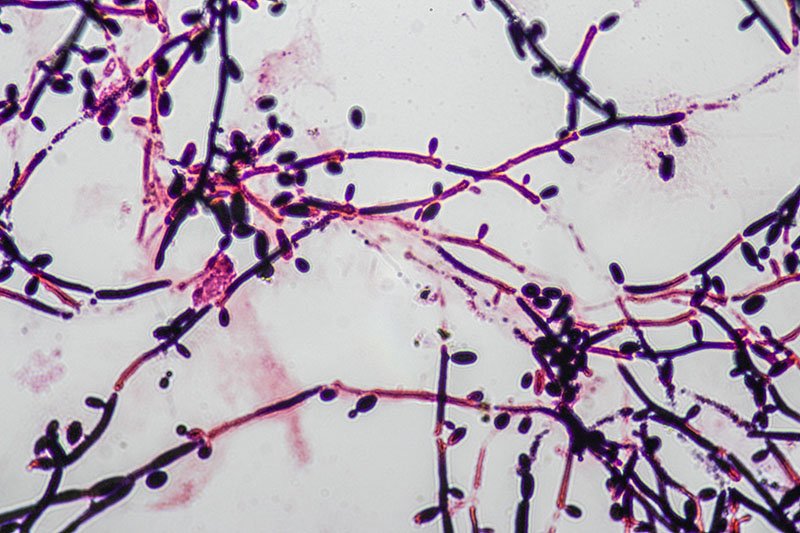Biology is no longer limited to academic labs run by your stereotypical awkward scientist. It is well on its way to being a major economic driver, and bio-based innovation could have an impact on as much as $4 trillion in the worldwide economy in the next decade or two, according to analysts at McKinsey Global Institute.
“We had a hypothesis before we began that biology is extremely relevant — beyond healthcare and agriculture, the places you might imagine,” says Michael Chui, a partner at McKinsey Global Institute and an author of the new report, The Bio Revolution.

If you’re having trouble imagining how pipettes and DNA sequencers could become that economically important, it’s time to broaden your view of what biology can help us do. Synthetic biology, for example, is a science that tweaks organisms found in nature to improve their fitness or introduce new traits. One of the most commonly-used microbes in synthetic biology is yeast, which is incredibly well understood, It has a tidy little genome that reduces the chances of unintended side effects when edited. Yeast has thus been tuned to produce all sorts of useful things that it doesn’t normally produce, such as components for medications, fibers for textiles, sweeteners, industrial chemicals, and more. (Back in 2015, Stanford biologist Drew Endy predicted at the Techonomy Bio conference that biology would one day make it possible to grow all the materials needed to make a smartphone.)
It’s no secret we have to wean society off its dependence on petroleum, and shifting from traditional manufacturing methods to biology-based methods could be a very important way to do that. Textiles that now require petroleum-derived products for processing, for example, could instead by assembled using fibers fermented in yeast factories. And today’s plant-based meat alternatives could within 10 years see competition from real meat grown in labs instead of requiring huge herds of methane-emitting cows, Chui says.
The McKinsey report estimates that 60% of the world’s physical inputs — things like plastics, fuels, and medicine— can ultimately be made using biological means. By reducing the need for petroleum and cutting back today’s vast number of methane-emitting cows grown for food, that kind of shift could reduce greenhouse gas emissions by 8 or 9% — not a silver bullet for climate change, but a significant dent.

Chui and his colleagues launched this research project long before COVID-19 emerged, but “the tragedy and challenge associated with this pandemic,” he says, have served as a reminder “that biology can have a huge impact.” For instance, the speed with which scientists sequenced the virus and began work on therapies and vaccines has been impressive. It shows what can be done when priorities are focused.
The pandemic also laid bare just how fragile the economy is right now. The answer, Chui says, is increased innovation to make the economy more resilient. “We really need to increase productivity,” he says. “Biology gives us the potential to innovate more, and that will improve the economy.”
Despite the promise of biology-powered advances, scientists and entrepreneurs have long worried that a public backlash, like that seen during the introduction of genetically modified food (GMOs), could derail future benefits. Chui believes that is unlikely given how much progress has been made already. Of the direct economic impact analysts predict biology to have in coming years, he says, “roughly 70% of it already falls under existing regulatory regimes.” In other words, the vast majority of innovation is happening in areas widely accepted by the public.
Still, Chui says, it is “incredibly important that not only policymakers but also the broad population … should understand what’s possible, what the risks are, [and] have a thoughtful considered dialogue about what we want to do. [It] is very important for people to understand the facts.”
















